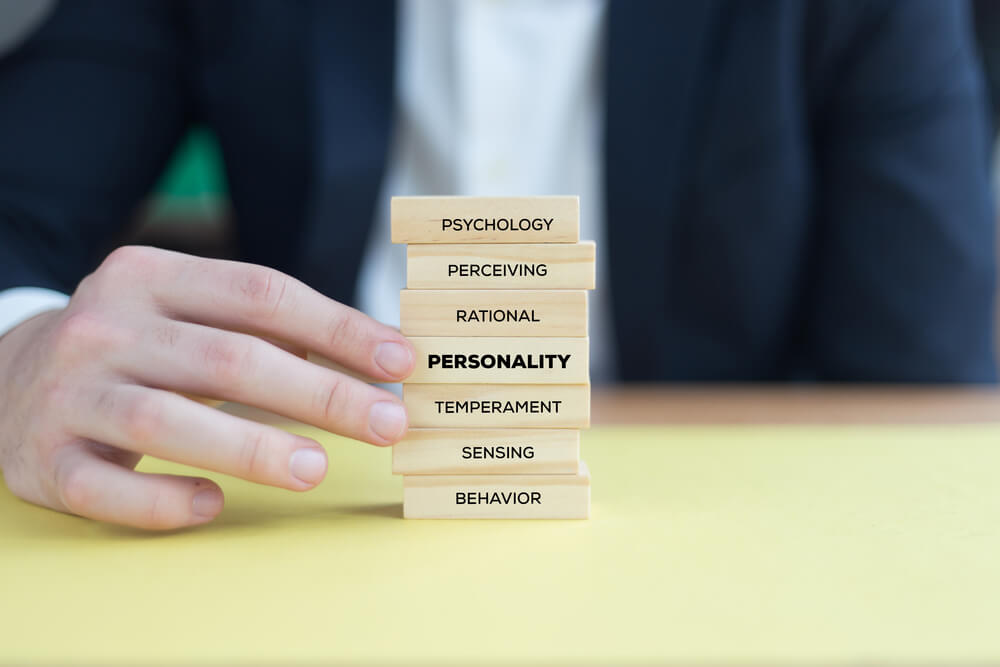Yesterday my colleague called me up for a vent session. She had prepared a really complicated tax filing for a client and the client responded by sending a list of about fifteen things she thought was wrong with it. Well, the clients concerns were all unfounded and my colleague patiently and politely addressed each and every complaint. The client apologized for her snippy e-mail and stated that taxes made her anxious.
It was really nice to get an acknowledgement from the client that her behavior was unacceptable. Everyone gets snippy once in a while and its entirely forgivable. Unfortunately, this particular client had been fairly snippy throughout the entire process with my colleague, which made her apology feel hollow – and late. My colleague stated that it was clients like Miss Snippy that made her question whether or not she wanted to practice law anymore. She was tired of all the Miss Snippys she encountered – whether they be clients or colleagues.
Miss Snippy was dumping her anxiety on my colleague. Nobody wants to work with people like Miss Snippy and my colleague had the distinct impression that she didn’t save her snippiness for her tax life only.
Like the bumper sticker says, “Mean People Suck”. It is understandable to be anxious about taxes but learning to deal with our anxiety in a responsible manner is how Mean People get separated from the rest of us. It is always acceptable to feel our feelings – anger, anxiety, etc. – but how we handle them is an important factor in determining whether or not we will still have people to hang out with in old age. Mean People who stay mean have a funny way of alienating just about everyone around them, over time.
I have always thought that the areas of our lives that cause the most unhappiness are the same ones that are not formally taught in school – finances, health and people skills. Instead of learning these vital skills from experts, most of us learn these skills by unconsciously incorporating the behaviors modeled by the influential people around us. That could be a good thing – or not.
Unless we happened to have had people around us who modeled positive people skills, we have probably felt ourselves at a disadvantage. We may be somewhat surprised to find other people offended by us or distancing themselves and yet we may be confused as to why. We may notice others who are really good with people and may wonder, “How did they learn how to do that?”, as if we have “missed the memo”.
A good rule of thumb is that whatever difficult feelings we avoid are probably being dumped on the people around us. If we are walking around oblivious to our blind spots, everyone around us is feeling the effects – and will respond accordingly. Coping with anxiety is just one of many vital people skills. So, if we have never learned to cope with our own anxieties, then we are probably dumping them – inadvertently – on the people around us. My colleague was the unfortunate recipient of someone else’s dumping and she had no intention of continuing to work with Miss Snippy as a result.
We may burn some bridges while trying to develop – and failing at – coping skills. Fortunately, it is never too late to develop a variety of people skills that will allow us to have satisfying relationships of all kinds, making our lives significantly more enjoyable.
Originally published at www.paulamjones.com


